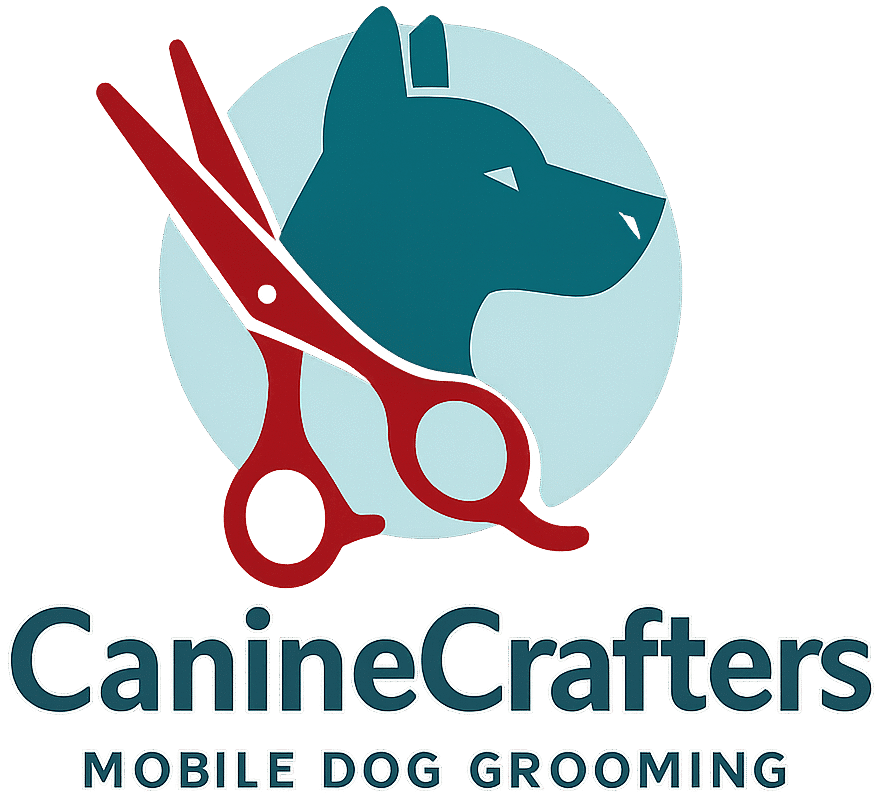
Keeping your dog’s teeth and gums healthy does more than just freshen their breath. It’s a big part of their overall well-being. I’ve seen how regular dental care can make a huge difference in a dog’s comfort and even help them avoid some pretty serious health issues down the road. Here’s how to show your pup’s teeth the love they deserve!
Why Dog Dental Care Matters?
Dog dental health isn’t just about avoiding bad breath; it’s about protecting your dog from pain, tooth loss, and possibly much bigger problems like heart or kidney issues linked to long-term gum infections. Bacteria from untreated dental problems can enter the bloodstream, so keeping things clean in your dog’s mouth is really important. Paying attention to dental care also helps you catch other problems early. That means less stress, and fewer vet bills, over time.
What some pet parents might not realize is how far oral health can reach. For example, dental infections don’t necessarily stay in the mouth. The bacteria can travel and affect a dog’s liver and heart, too. This is one reason vets take dental care so seriously—what starts as tartar or sore gums can have ripple effects on your dog’s health, mood, and even lifespan.
Simple Steps for At-Home Dog Dental Care
- Brushing Your Dog’s Teeth: Brushing even a few times a week helps manage plaque. You’ll want to use dog friendly toothpaste (human toothpaste isn’t safe for pups), along with a soft bristled brush, finger brush, or cloth. I always recommend starting slow, and making it a positive, treat-filled routine. Bringing play or rewards into brushing time makes dogs a lot more willing to let you take care of their teeth.
- Dental Chews and Toys: Some chews and toys are designed to gently scrub your dog’s teeth and massage their gums as they chew. Just keep an eye out for products approved by the Veterinary Oral Health Council, since they’re more likely to do the job safely. Besides being effective for dental health, these chews can provide fun and mental stimulation for your pup.
- Dental Wipes: Wipes are handy for quick cleanups or if your dog isn’t a fan of toothbrushes. They help wipe away some of the buildup on the teeth, but they’re not a full swap for brushing. Wipes are especially great if you have a small dog or a senior who might be sensitive to brushing.
These simple things are effective, especially when you keep them up long-term. If you’re unsure which products are best or safest for your dog, check in with your vet. They can give advice tailored for your pet’s needs, age, and existing dental health.
Recognizing Signs of Dental Problems in Dogs
Knowing what dental trouble looks like can help you get ahead of problems. Here are some signs I always watch for:
- Persistent bad breath
- Red, swollen, or bleeding gums
- Yellow or brown tartar along the gumline
- Dropping food or wincing while eating
- Loose or missing teeth
- Pawing at the mouth or face
- Sudden changes in appetite or mood
If you spot any of these, a visit to the vet is the way to go. Ignoring these signs could let things get worse fast, so staying alert makes a big difference. Acting quickly can help you treat and manage any problems before they impact your dog’s happiness or health in a bigger way.

Getting Professional Dental Care for Your Dog
Even if you’re great about regular brushing at home, dogs still need occasional professional cleanings. Vets have the tools and training to clean below the gumline and spot early signs of problems like abscesses or fractures that can be easy to miss. For most adult dogs, once-a-year dental checkups are a good rule of thumb, though your vet may have different advice based on your dog’s needs. Some dogs with chronic dental issues or smaller mouths might need visits more often.
During a professional cleaning, your vet may use anesthesia to keep your pet safe and comfortable. While this can seem intimidating, it’s the best way to reach every area of your dog’s mouth and address any deeper dental issues. Regular dental checkups also offer a chance for the vet to point out ways you can step up your daily routine at home.
Healthy Habits Make a Big Difference
Building good dental habits starts when dogs are young, but I’ve worked with plenty of older dogs who adjusted just fine too. The key is to make dental care part of your regular routine. Dogs get used to the process, especially if you keep things calm and rewarding. If your dog is anxious or difficult, try working the process into a time when they’re already relaxed, like after playtime or just before a treat.
Good nutrition also plays a part; dry kibble can help a bit with scraping debris, and there are vet recommended dental diets available that are designed to reduce plaque. Always make sure your dog’s food and treats support their dental health, not work against it. Some additives or water supplements now exist that can help care for your dog’s mouth between brushings, adding a little extra protection without a lot of extra work on your part.
Share Your Experiences and Questions
Caring for a dog’s teeth is a big part of being a responsible pet parent. If you have tips or run into challenges with your own dog’s dental health, feel free to share below. I’m always happy to swap advice and learn what’s working for others. Your experiences and questions help everyone provide the best care for their furry friends. Stick with these simple habits and your pup will get to enjoy a healthier mouth—and a happier life—at every age.
